WICAL speakers
Keynote Speakers
Emeritus Professor Amy B.M. Tsui

Reticence in the Classroom and Communicative Competence
Absract:
“Staunchness, stamina, simplicity, reticence are close to humanity.” The Analects, Zi Lu, 13.27
「剛、毅、木、訥,近仁。」 《論語·子路》
Recent decades have seen a plethora of studies which characterized Asian learners as Confucian Heritage Culture (CHC) learners on the basis that CHC values are consistently reflected in their social behaviours and learning approaches in the classroom. One key attribute often associated with Asian learners is reticence, which is frequently viewed as passivity and non-participation, leading to a perceived hindrance in the development of communicative competence in language learning. This presentation aims to challenge such widely shared interpretation of Asian learners’ reticence by reporting on a longitudinal investigation of Japanese university learners’ oral participation in an L1 classroom and their lived experiences. The findings of this study demonstrate that learners’ reticence in the classroom is a highly complex phenomenon which involves a dynamic interplay of contexts and values. Rather than being a result of passivity or disinterest in participation, it can be motivated by communicative needs and can serve to achieve, rather than undermine, communicative ends. This presentation argues for a crucial need to gain a more nuanced understanding of learners’ reticence, and to define communicative competence in different social and cultural contexts.
Bio:
Amy B.M. Tsui is Emeritus Professor in the Faculty of Education of The University of Hong Kong (HKU), and Visiting Chair Professor of National Taiwan Normal University. She was Vice-President and Pro-Vice-Chancellor (Teaching and Learning) of HKU (2007-2014) during which she led the historical undergraduate education reform from a three-year to a four-year degree. Tsui’s research areas cover classroom discourse analysis, conversational analysis, teacher expertise and professional development, language policy, medium of instruction and corpus linguistics. She has published 11 authored and edited books and over 100 journal papers and book chapters. She has given keynotes in 21 countries in Europe, North America, Africa, Australia and Asia. In recognition of her outstanding contribution to higher education and her research excellence, she was awarded an Honorary Doctorate in Education by the University of Edinburgh in 2015. Her most recent publication is English Language Teaching and Teacher Education in East Asia: Global challenges and Local Responses (2020), published by Cambridge University Press. She is currently working on an edited volume in language issues in disciplinary teaching in higher education.
Professor Paul Drew
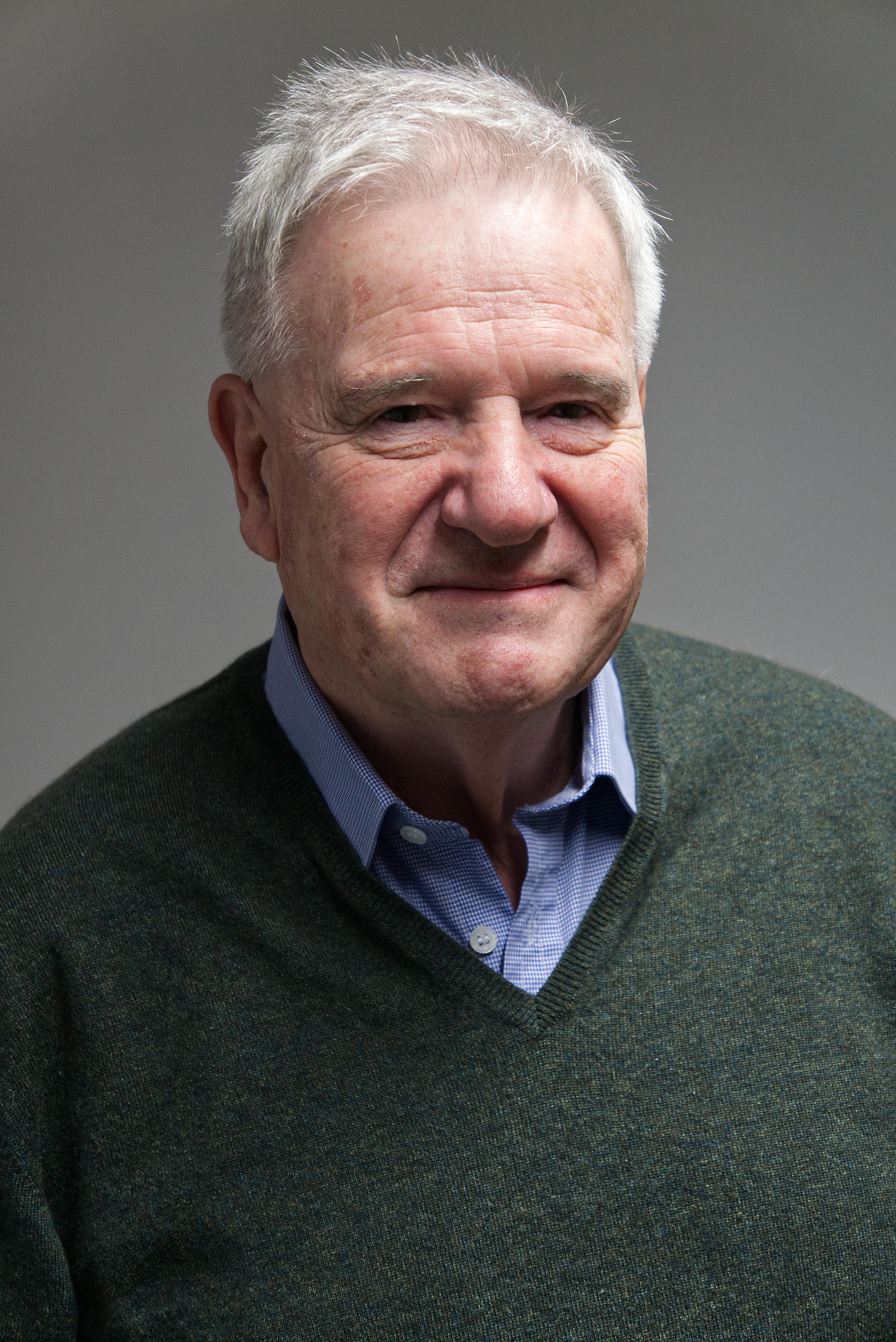
Applied conversation analysis: CA research into language and interaction in medicine
Abstract:
“The NHS has a fantastic technology available that they don’t use: conversation”
James Sanderson, Director of Personalised Care, NHS England (referring to patient focused interaction, he promoted better conversations with patients to ‘treat the person not the problem’)
In recent years, conversation analysis has been applied particularly successfully to research into medical interaction and communication. I will explain more fully what I mean by ‘applied’ research, in a talk focusing on and reviewing the kinds of research we’ve been doing in recent years, and on its success. I’ll review a number of studies ranging across a diversity of medical settings (e.g. primary care, oncology, neurology, and neonatal intensive care), which together illustrate how we work – our methodology (more than method) – and how our work is applied to improve the effectiveness of language-in-interaction in medical settings, to diagnosis, and to decision-making (explaining why so little progress has been made in understanding shared decision making, Gulbrandsen wrote, Medicine has ignored insights from conversation analysis and sociolinguistics [Pål Gulbrandsen BMJ 2020:368 doi: 10.1136/bmj.m97]). I will also explain what I mean by ‘success’, for instance in a study of the differential diagnosis of epilepsy vs. non-epileptic seizures (in the seizure clinic), a study which resulted in a CA diagnostic tool that was almost twice as accurate as clinicians’ diagnoses. I will also talk about the application of the results of some of these studies to (evidence based) training, and the variety of approaches to training that might be considered.
Bio:
Paul Drew (PhD 1977) is a professor in the Department of Language & Linguistic Science, University of York, UK, where he has taught for almost 50 years. His research in conversation analysis has focused on some of the basic practices underlying talk-in-interaction, including those associated with correction and repair, social action (e.g. complaining, requesting, and recruiting assistance) and the organisation of topics in conversation. He has also pioneered research into, and published extensively on, institutional interactions, notably criminal court and particularly medical interactions. His most recent projects include studies of the language of medical records (with John Hopkins University), the telephone delivery of the UK’s NHS psychological therapies (IAPT), and conversations between doctors and parents in neonatal intensive care. He has lectured and led workshops in CA internationally. He has a visiting position at Ocean University of China (Qingdao) and was awarded an honorary doctorate by the University of Helsinki.
Professor Adrian Holliday
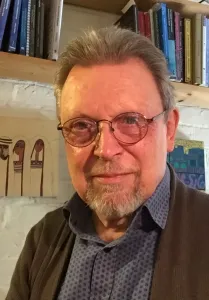
The politics of small culture formation on the go: researching and living varicultural hybridity
Abstract:
In looking at the politics of small culture formation on the go, I will first explain why it is important to begin with the small - what we can see around us every day from childhood. The politics is in how we are pulled away from finding threads of experience with those around us by blocks (essentialist grand narratives that are often hard to recognise). The world within which we do this is varicultural and naturally hybrid in that cultural variation extends everywhere. It is the canvas in which our words and worlds can expand and create, and where ‘separated cultures’ are constructed for multiple reasons from nation to organisation to people interacting. I will exemplify with two instances within this canvas - autoethnographic excerpts from my residence in Iran 50 years ago, and from a recent stay in a British hospital outpatients department. In both cases, threads could be found only when the blocks of grand narrative ‘rumours’ could be recognised and put aside. There were considerable micro- and lingua-cultural differences in both cases; but these in themselves were not problematic until distorted by native-speakerist and Orientalist narratives. Being both participant and researcher in both instances also laid bare how researching and living the intercultural both share the intersubjective task of sorting out threads from blocks. I will explain why I needed to reject an evocative approach, which focuses on cultural difference, in favour of an analytical approach that sorts out the positionalities of all the parties involved. This is not to do with the interaction between cultures, but with how culture is constructed, imagined and projected.
Bio:
Adrian Holliday is Professor of Applied Linguistics & Intercultural Education at Canterbury Christ Church University, where he supervises doctoral research in the critical sociology of language and intercultural education. His publications deal with the cultural politics of international English language education, the Western ideologies which inhibit our understanding of non-Western cultural realities, the cultural politics of so-labelled ’native-’ vs. ‘non-native speaker’ teachers, and qualitative research methodology. He spent the early part of his career as a teacher and then curriculum advisor in Iran, Syria and Egypt, and was Head of The Graduate School at CCCU between 2003 and 2018. His most recent books are Understanding intercultural communication: negotiating a grammar of culture, 2nd edition Making sense of the intercultural: finding deCentred threads, with Sara Amadasi, Routledge, 2020, and Contesting grand narratives of the intercultural, Routledge 2022 His website is at adrianholliday.comLink opens in a new window.
Professor James P. Lantolf
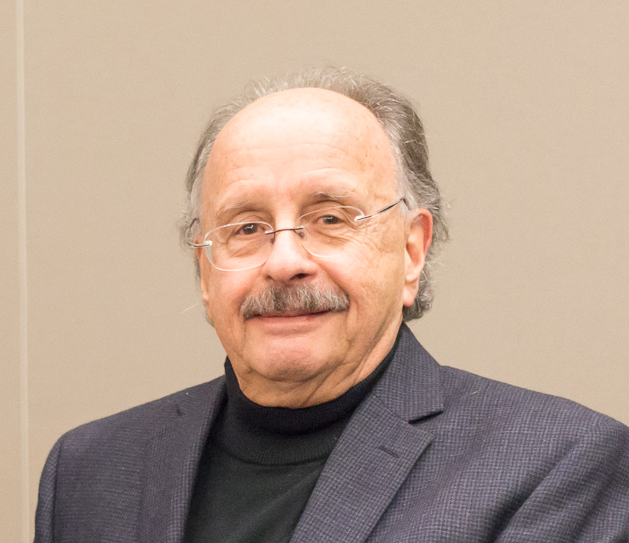
Integrating Explicit Knowledge into the Second Language Classroom through Concept-Based Language Instruction
Abstract:
The presentation focuses on explaining the principles of developmental education as they apply to the second language classroom in the framework referred to as Concept-Based Language Instruction (C-BLI). I will first explain why I believe explicit instruction should be the primary approach to language development for late learners based on psycholinguistic and neurolinguistic evidence. I will then outline the principles of C-BLI as they are derived from the sociocultural theory of psychology proposed by L. S. Vygotsky and his colleagues. According to these principles high quality instruction must be based on well-organized conceptual knowledge, which for language teaching implies that meaning must be foregrounded over structure. The aim of C-BLI is to provide and help learners internalize the knowledge they need to be able to create the meanings they wish to communicate through the target language. How this is achieved will be explained in the presentation. We will then briefly consider several example studies that illustrate how the approach can be implemented. These studies address aspects of English, Spanish, French, and Chinese as foreign languages. Finally, the implications of C-BLI for teacher education will be addressed.
Bio:
James P. Lantolf is currently, Distinguished Professor, Beijing Language and Culture University and Greer Professor in Applied Linguistics, Emeritus, the Pennsylvania State University, where he was Director of the Center for Language Acquisition and of CALPER (Center for Advanced Language Proficiency Education and Research). He was president of the American Association for Applied Linguistics (2005), and received its Distinguished Scholarship and Service Award (2016). He was co-editor of Applied Linguistics (1993-1998 and founding editor of Language and Sociocultural Theory (2013-present). In addition to articles, chapters, and encyclopedia entries, he co-authored Sociocultural theory and the genesis of second language development (2006) as well as Sociocultural theory and the pedagogical imperative (2014), which received the Mildenberger Prize of the Modern Language Association of America. He edited Sociocultural theory and second language learning (2000), and co-edited Vygotskian approaches to second language research (1994), Sociocultural theory and the teaching of second languages (2008), and The Routledge handbook of sociocultural theory and second language development (2018). He is co-guest editor for special issues of the Modern Language Journal (2023): Sociocultural theory and pedagogical research in East Asia, as well as Language Assessment Quarterly (2023): L2 Dynamic assessment research in China.
Workshop Speakers
Dr Jason Anderson
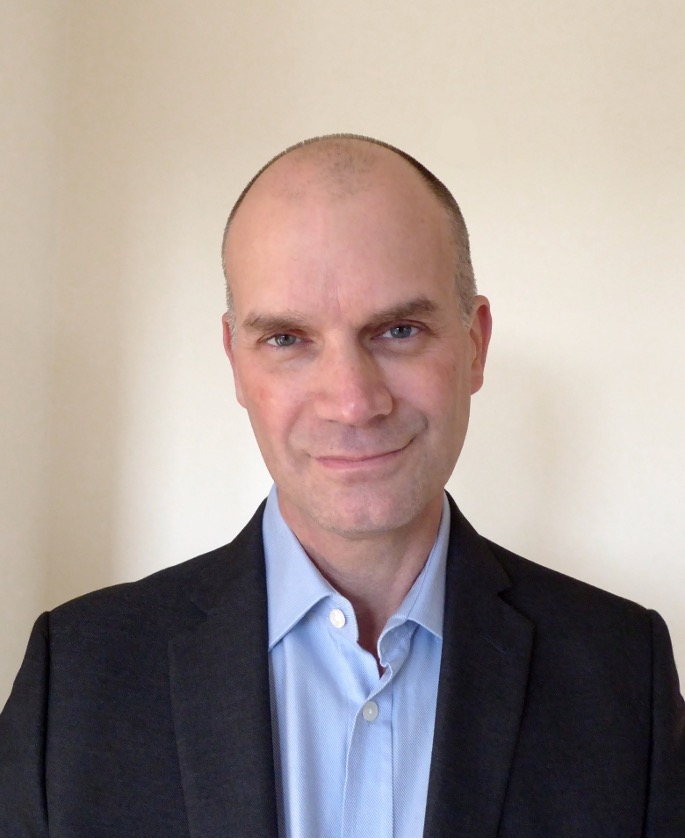
The continuum of participation: How to make research socially responsive, socially responsible and socially useful
Abstract:
Participatory approaches in research are often associated with action research, in which participants (e.g., teachers or learners) are empowered to conduct their own studies to better understand their contexts and develop their practice. However, as the community development literature reveals, participatory research does not have to be an all or nothing affair in which control, responsibility and workload are either handed over to participants or retained by researchers. Participation can be a collaborative affair, drawing on the strengths, knowledges and skills of both participants and researchers to varying degrees, exploring our (shared and separate) needs and interests explicitly together and working towards aims and goals that can be useful to all. In this workshop we will explore ways in which both experienced researchers and research students (PhD, graduate and undergraduate) can make a wide range of designs (e.g., ethnography, case study, narrative enquiry, survey research) participatory to varying degrees, and consider why we may want to do so. I hope to convince participants that qualitative, mixed methods and even quantitative designs can benefit from consultation, co-planning, collaboration and co-researching with key stakeholders to produce outputs that are more likely to be impactful as a result.
Bio:
Dr Jason Anderson (University of Warwick) is a multiple-award-winning teacher educator, writer and researcher, who works in both language teaching and mainstream teacher education. He has supported teachers in over 30 countries worldwide, both pre-service and in-service, for national ministries of education and development partners including UNICEF and the British Council. He has published research on aspects of language teaching, teacher expertise, teacher reflection, teacher education, participatory research and translanguaging. His diverse interests include lesson planning, curriculum design, teaching methodology, multilingualism and the contextual challenges and innovations of teachers working in the low-income countries, as discussed in his latest book, Teacher expertise in the global South: Theory, research and evidence, published in the Cambridge Education Research series. His website (www.jasonanderson.org.uk) shares free links to many of his publications, talks and resources for teachers and teacher educators.
Dr Duncan Lees
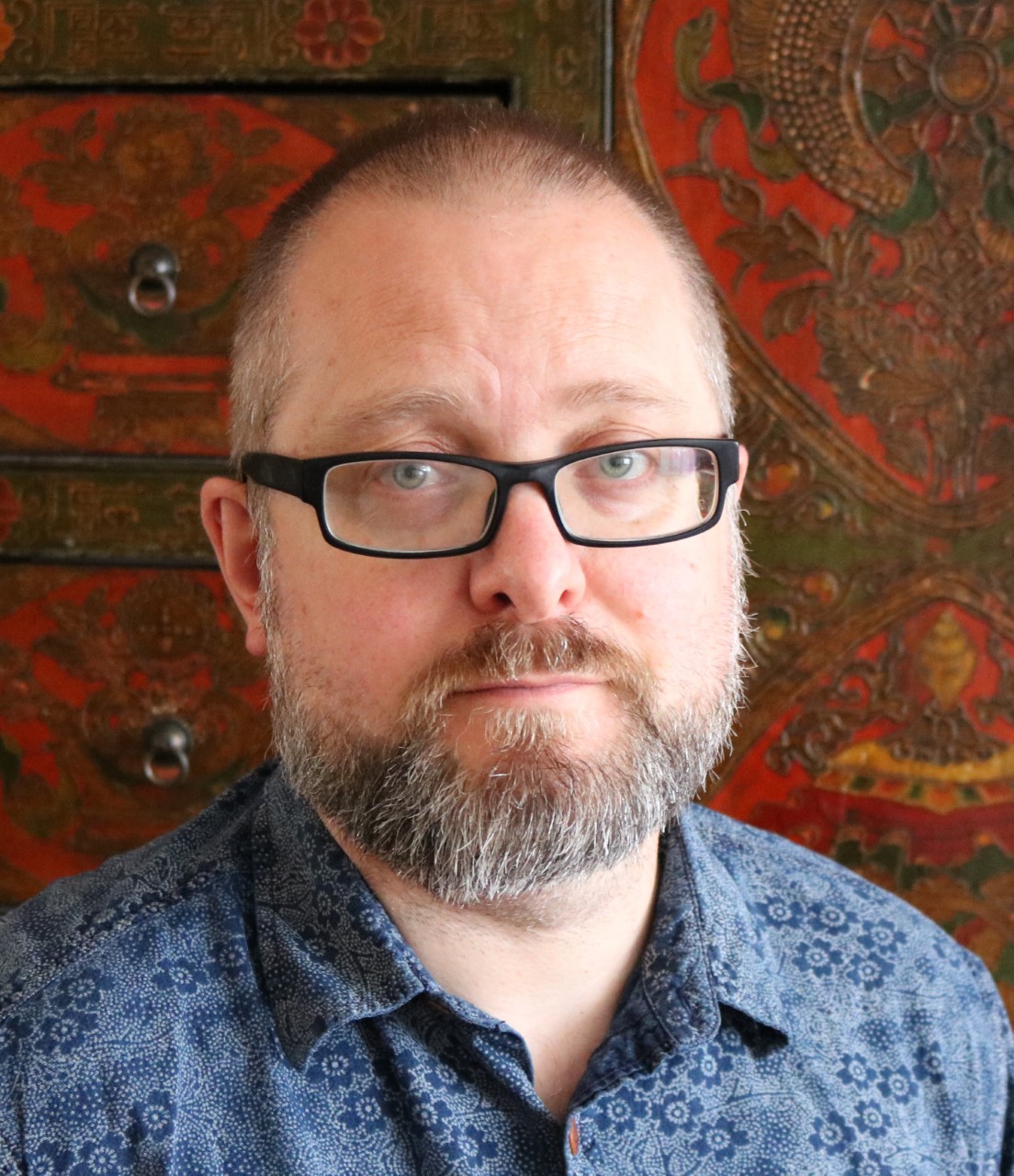
‘A strange tongue makes my cause more strange’ – an interactive approach to Shakespeare in the intercultural language classroom
Abstract:
Using dramatic literature written more than four hundred years ago might seem like a strange choice in a twenty-first century English as a Foreign Language classroom. Indeed, despite its relative closeness in linguistic terms, Shakespeare’s early modern English is often seen as “foreign” or “alien”, even to those who speak English as a first language. With dominant modes of foreign language education emphasising instrumental goals relating to communicative efficiency and employability, texts that are supposedly so removed from English as it is used on a daily basis might seem impractical or even counterproductive. However, this workshop will attempt to show that if Shakespeare’s language is “strange” – in the current sense of being unfamiliar, and the early modern senses of being both foreign and remarkable – then this can actually be a benefit for teachers and learners in the English language classroom.
The workshop will employ a pedagogy (as outlined in Lees 2022) that combines active / rehearsal room approaches to Shakespeare with an intercultural perspective on language teaching and learning. Workshop attendees will be invited to take part in a series of creative, collaborative activities designed to allow them to experience the drama, excitement and strangeness of Shakespeare’s language as they play with, (re)interpret and enact the texts in interaction. Attendees will at the same time be encouraged to reflect on their own linguistic and cultural assumptions and identities as they mediate and (de)familiarise themselves with Shakespeare’s words.
No prior knowledge of Shakespeare is needed, but comfortable clothes that you can move around in are recommended!
Bio:
Duncan Lees is an Assistant Professor in the Department of Applied Linguistics at Warwick. His research and teaching combine insights from drama pedagogy and intercultural language education with an ethnomethodological perspective that makes use of Conversation Analysis (CA) and Membership Categorisation Analysis (MCA). At Warwick, he leads modules including Intercultural Pragmatics, Understanding Culture and Intercultural Coaching and Development, and is the convenor of the new Drama and Language Education Research Group (DaLE). He previously spent more than a decade working at Guangdong University of Foreign Studies in China, teaching various aspects of English-language drama and literature. His ESRC-funded PhD was an ethnomethodological study of intercultural Shakespeare workshops at a Chinese university, and employed a pedagogical approach outlined in his recent chapter for Shaules and McConachy’s Transformation, Embodiment, and Wellbeing in Foreign Language Pedagogy (2022).
Dr Anastasia Stavridou
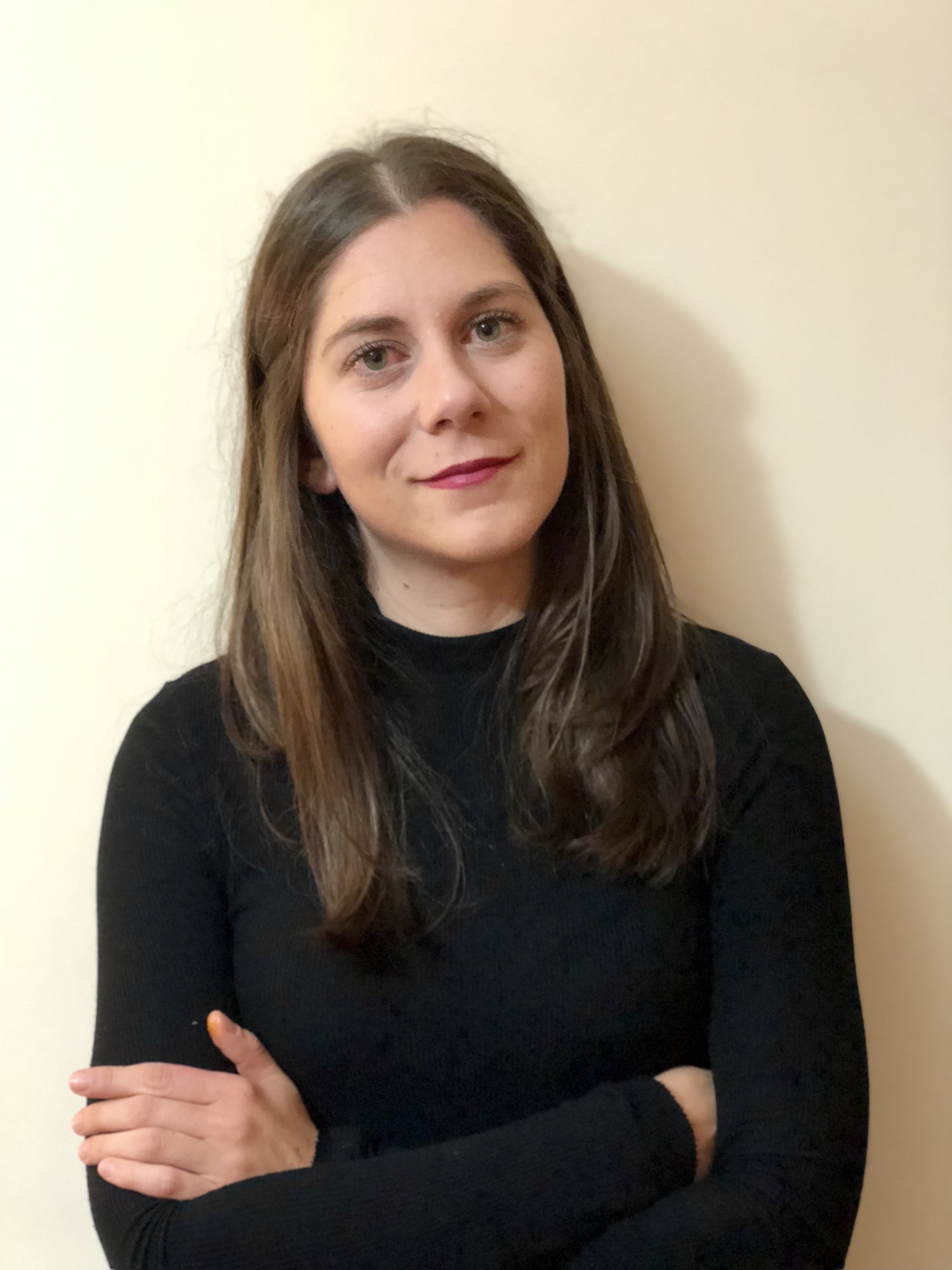
“Getting Started on Research and Publications as a research student”
Abstract:
Getting a job in academia requires a set of achievements and skills with one’s publications and research portfolio being two that are frequently highly valued. Because of the competitive nature of the academic job market, research students are keen on publishing during their doctoral studies. Hence, it comes as no surprise why many research students often wonder at which stage of their doctoral studies they should start thinking about publications and even, how many publications they should have by the time they graduate, although quality matters over quantity. Building a strong research profile, which may include publications or policy work amongst others, without one compromising the progress of their thesis can therefore be a stressful and challenging process. This one-hour workshop will provide practical advice for doctoral students who wish to start with the development of their research agenda. Participants will find out more about
(i) developing their own research ideas,
(ii) managing effectively the research and publication process and (iii) dealing with the publication outcomes
Moreover, participants will be given the opportunity to engage in group discussion and think of ideas that can be developed into potential research projects. Lastly, the speaker will share examples of her own experience and reflect on lessons learnt.
Bio:
Her research interests lie in the fields of Sociolinguistics, Discourse Analysis and Intercultural Communication more broadly, and in leadership - followership, sports communication and identity construction more specifically. More recently, she started undertaking research in the intersections of linguistics and politics in the media.
